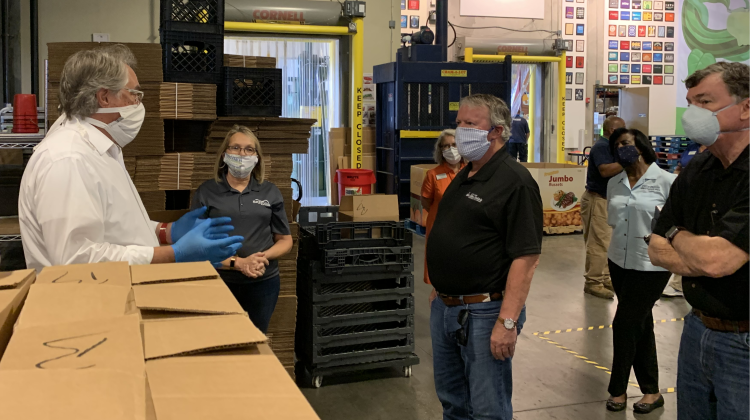
At Second Harvest, we’ve distributed pantry staples after hurricanes, floods, fires and tornadoes, dealt with the aftermath of the September 11 attacks, and kept families fed during the Great Recession. None of that compares to COVID-19.
Imagine feeding every person in a fully packed Amway Center. Now imagine doing it 15 times in one day. That’s enough food for 300,000 meals — or the number of meals Second Harvest has been distributing every day for the last two months. We’ve been able to double our normal distribution, thanks to an outpouring of generosity from individual donors, charitable foundations, businesses and nonprofit partners.
Thank you — all of you — for your support. But there’s a long road ahead.
A study by Feeding Florida estimated that food insecurity rose 11% in Central Florida as a direct result of COVID-19 unemployment. That means approximately 3.1 million meals are “missing” in our community each week. Families that relied on regular paychecks — to buy groceries, pay rent or utilities, or make loan payments — are now making hard decisions. Some are learning how to cope when their savings run out.
“This is the first time for me,” said one woman, Jennifer, who visited a mobile food drop offered by Second Harvest. Earlier this spring, she had steady work in catering and event planning. But when gatherings were prohibited to curb the spread of COVID-19, her business evaporated overnight. She said she hoped to return to work soon, adding, “I am very low on money.”
Jennifer is not alone. Hundreds of thousands of Floridians lost work to COVID-19, and not everyone will be able to return to “business as usual” when the pandemic ends. An employee who was furloughed in April may still not be working in August. A family restaurant that closed in March may not reopen at all.
While COVID-19 isn’t the root cause of hunger, it created the perfect storm in Central Florida. Housing prices were on the rise as median household income declined, and many families lived paycheck to paycheck. Overall, one in seven Floridians — including children, veterans and working parents — didn’t have enough to eat on a regular basis. Now, the problems we overlooked are rising to the surface.
If we’re going to combat hunger in the coming months and years, we need to recognize that food is closely linked to employment, housing, education and health. We need everyone at the table — legislators, neighbors, business partners and nonprofit workers — to build a solution that can last.
When you volunteer, donate to local charities, practice social distancing to limit the spread of illness and aid those hit hardest by the pandemic, you are changing lives. But there is more to be done, and we’ll need to do it together.
This guest column originally appeared in The Orlando Sentinel on May 31, 2020.


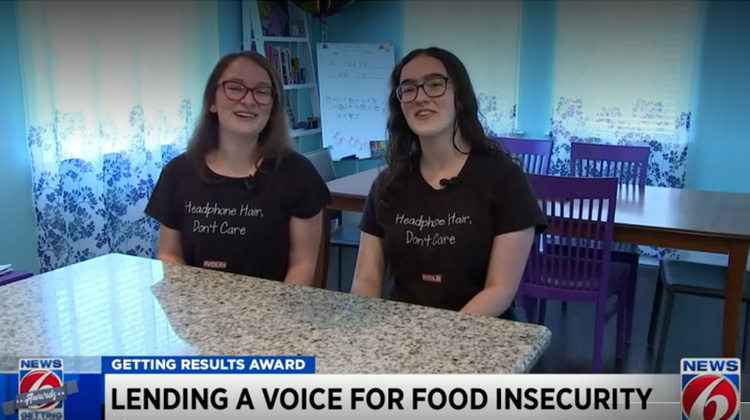
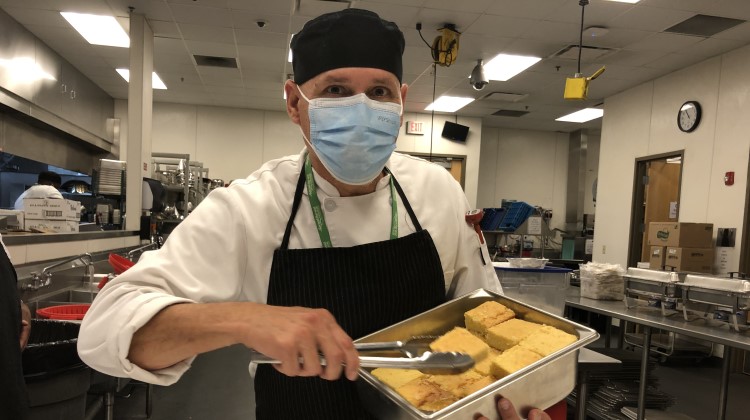
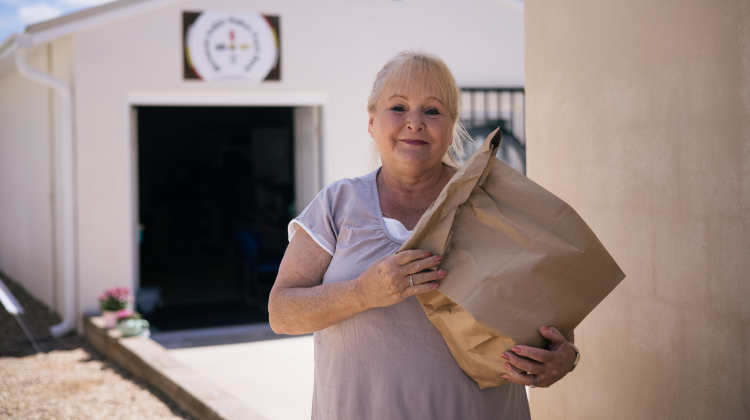


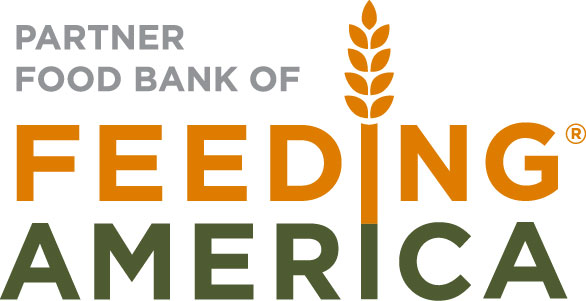
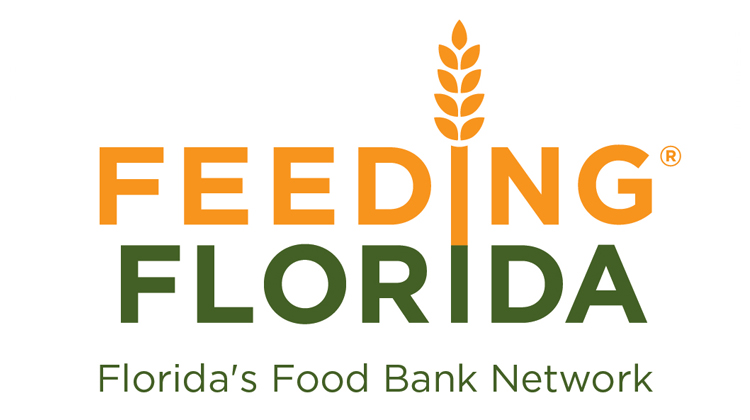
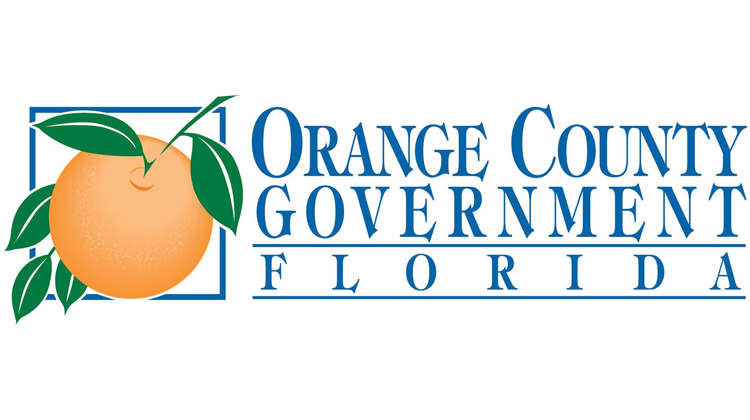


Leave a Reply